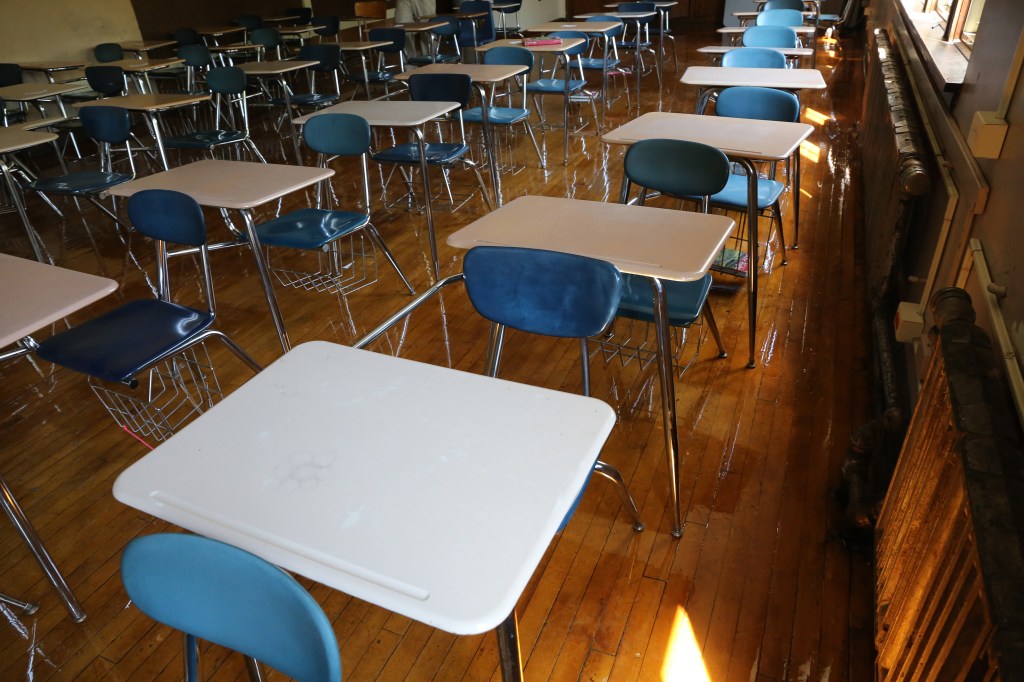Dear Mr Bradshaw,
I am a parent of two high schoolers. One is a sophomore and the other is a junior. I don't want to appear ignorant but can you explain what parents can understand, artificial intelligence? I am particularly concerned about how it is used in high school. How is it monitored to prevent students from cheating?
signed,
Parents
Dear Parents,
Artificial intelligence (AI) is becoming an important part of our daily lives, and as a parent, it's only natural to understand how it affects your children, especially their education. In short, I will try and explain some of the basics of AI in terms that anyone can understand.
AI refers to the simulation of human intelligence in a computer. It allows computers to perform tasks that normally require human thinking such as learning, reasoning, and problem solving.
In high school settings, AI can be found in a variety of applications designed to enhance learning and streamline administrative tasks. In education, it is widely used to create systems that can meet the needs of individual students by providing personalized learning experiences. For example, AI-powered tutoring programs can assess a student's strengths and weaknesses, offering customized exercises and feedback to help them improve in specific areas. This personalized approach can make learning more engaging and effective.
AI also powers management tools that help schools manage everything from scheduling to grading. Automated systems can quickly analyze data to identify patterns such that students may need extra help in certain subjects. These tools can free up valuable time for teachers to focus more on teaching and less on paperwork.
However, as your question suggests, a major concern for parents and educators alike is the potential for AI to facilitate cheating. As AI technology becomes more advanced, students may find new ways to use it dishonestly. For example, AI tools can generate essays or solve complex math problems that make it easier for students to submit work that isn't their own. To combat this, schools are increasingly implementing monitoring systems to detect cheating with the help of AI. Schools use sophisticated software to analyze student work for signs of AI involvement. These programs can compare a student's current work with their previous assignments to look for inconsistencies in writing style or problem-solving methods that could indicate cheating.
Moreover, AI is used to enhance test security. Online proctoring systems deploy AI to monitor students during exams using facial recognition and eye-tracking technologies to ensure they are not viewing unauthorized content or seeking help from others. Not taking These systems can flag suspicious behavior for review by human monitors, making it harder for students to cheat undetected.
Another aspect of AI in high schools is its role in facilitating remote learning. A trend that has accelerated due to the COVID-19 pandemic. AI-powered platforms like Khan Academy and Coursera offer interactive lessons that adapt to the pace and understanding of the learner. These platforms use AI to track student progress, recommend additional resources and provide instant feedback on assignments. This technology not only helps students who are learning from home, but also helps teachers identify which students are struggling and may need extra help.
Despite the many benefits of AI in education, AI systems are only as good as the data they are trained on and biased or incomplete data can lead to unfair results. For example, an AI system used to predict academic performance may inadvertently favor certain groups of students over others if it is trained on biased data. AI experts have warned that relying too much on AI without understanding its potential biases could perpetuate existing inequalities in the education system.
Privacy is another concern. AI systems collect vast amounts of data on students, including their academic performance, behavior, and even biometric data. Schools using AI have strict data privacy policies and educate students and parents about how their data is being used.
By being aware of these issues and understanding how AI is used in your children's school, you can better support their education and address any concerns that may arise.
Gerald Bradshaw is an international college admissions consultant with Bradshaw College Consulting in Crown Point.
